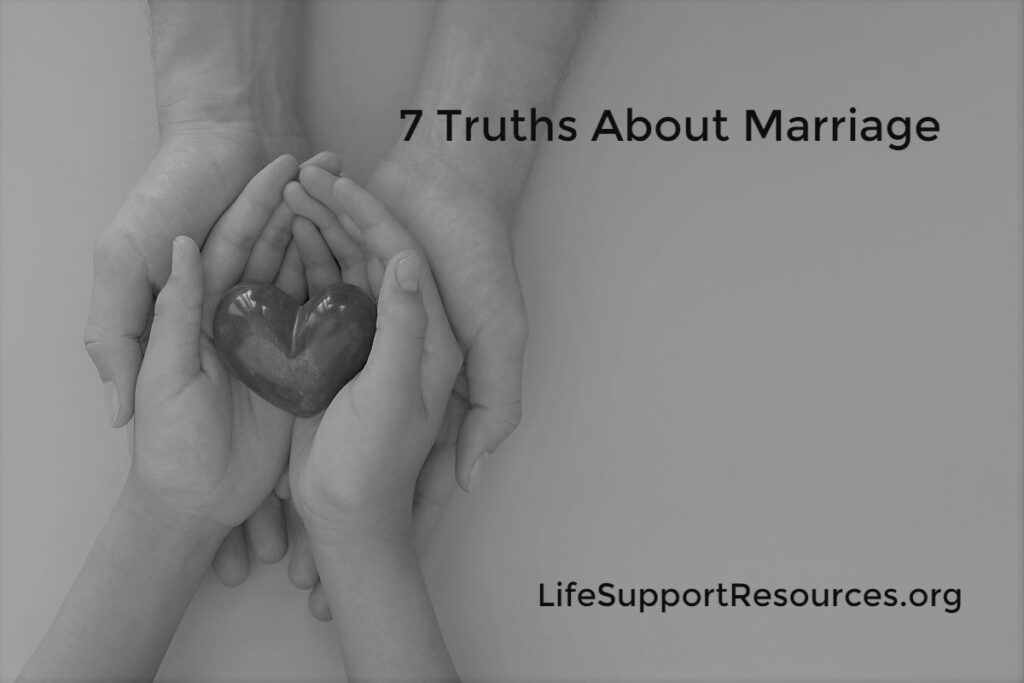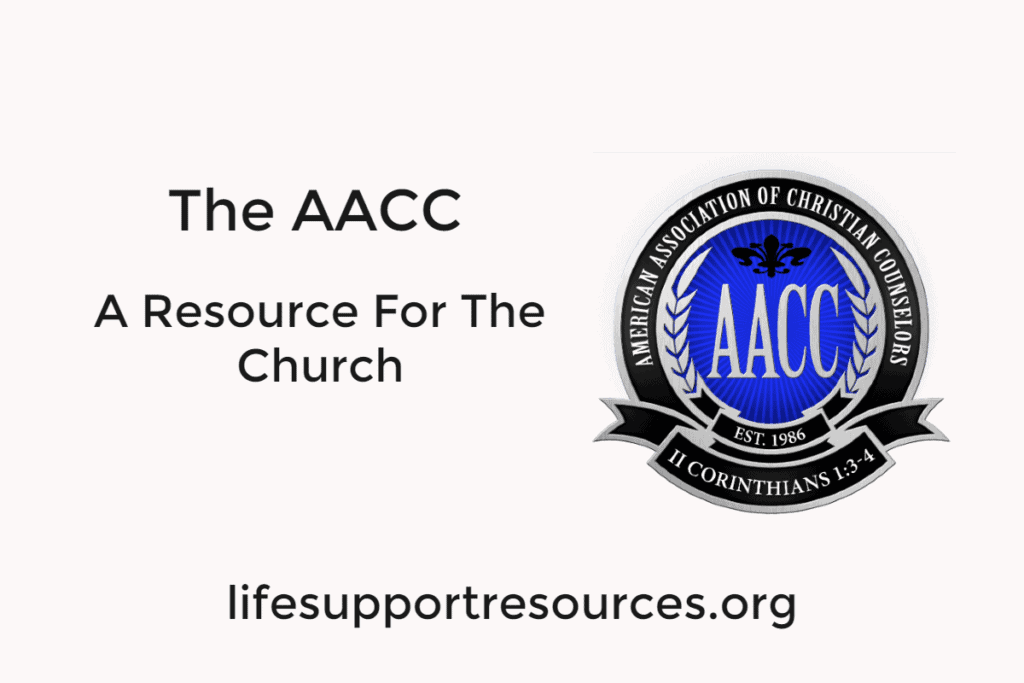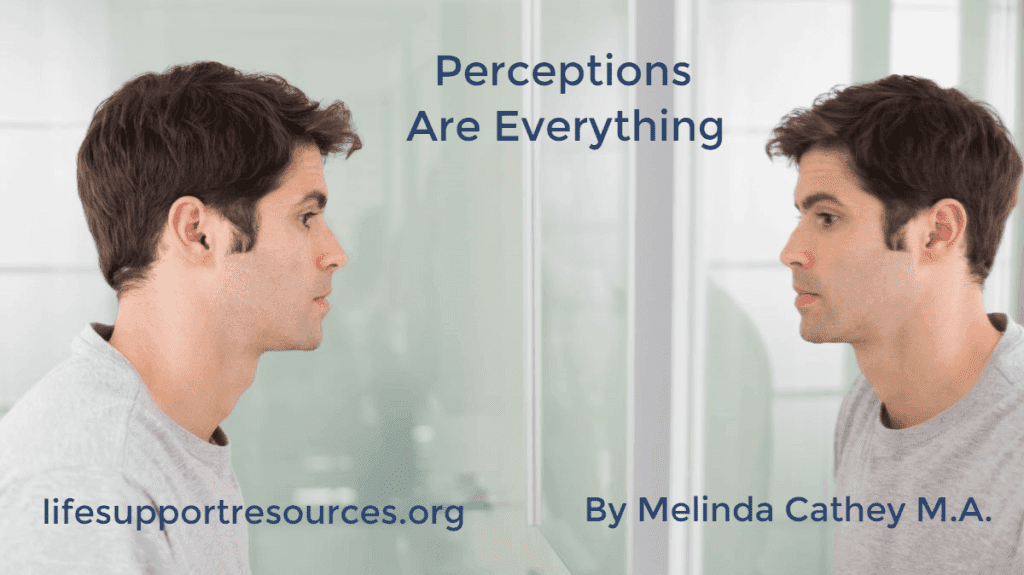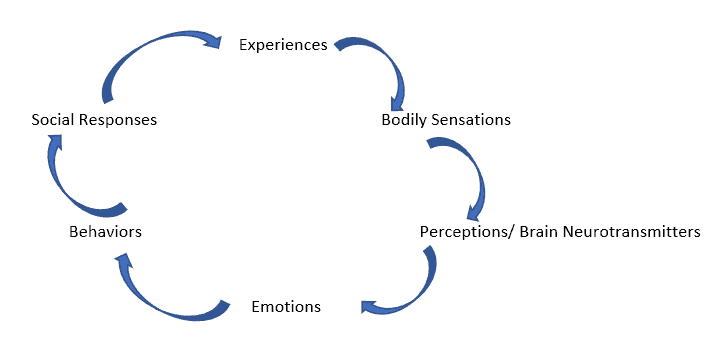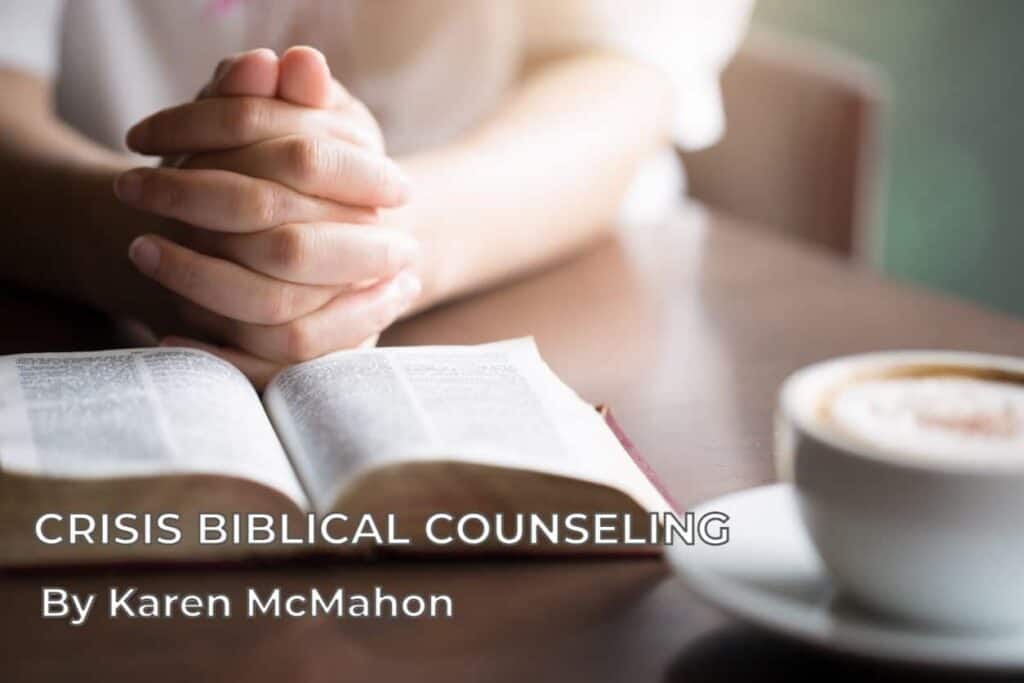7 Truths About Marriage
The Truth Can Be Hard To See
Finding truth about marriage is confusing these days. There are many things that society tries to portray about marriage and relationships that are simply not true, yet many people are buying into them.
That is why it is important the church helps teach the right things about relationships and marriage. A professional relationship coach joined the LifeSupport Podcast to talk about some if the misconceptions that are being spread around regarding marriage and what people need to know.
Leslie Vernick
Leslie knew all too much about destructive relationships from an early age.
Her mother was an alcoholic and an abuser, and her childhood was painful and scary. When Leslie was eight years old, her parents went through an ugly divorce. Even as an adult, Leslie feared her mother’s temper and did not speak to her for 15 years. Her mother was not there for her wedding or the birth of her son. The helplessness, confusion, frustration and hurt was overwhelming at times.
Eventually, Leslie learned how and went to set appropriate boundaries, how to confront and when to forbear, how to overcome evil with good and how to let go of all the negative messages in her head.
She became very passionate about helping people in difficult and destructive relationships, especially marriages. She received her Masters degree in Clinical Social Work and received post-graduate training in Biblical Counseling as well as Cognitive Therapy.
She said the secular world distorts the way we think about relationships and marriage, opposed to what the Bible teaches.
“I think we are leaving it to Hollywood to tell us what a relationship looks like,” Vernick said. “We need to help people understand that hardship in life isn’t necessarily a bad thing. Hardship is actually brought into our lives to grow us.”
7 Truths About Marriage
During the LifeSupport Podcast, Vernick addressed some perceptions of marriage and some of the issues involving marriage and the church:
- There is no perfect marriage: “I’ve never met anybody who’s had an ‘A-Plus’ marriage,” Vernick said. “The Bible tells us we all struggle in many ways and nobody that is married is a perfect person.” God calls us to be God-centered people, not marriage-centered people. The church has made an idol of marriage, and as wonderful as it can be, marriages have their struggles.
- Marrying a Christian will not solve all your problems: Just because you are marrying someone who is Godly and meets your Christian values, does not mean they can fulfill all your needs completely. That’s a myth. The only one that completes us is God and we cannot make anyone, even our spouses, an idol. Our spouses can make us happy and make us feel important, but it is important to remember they will also hurt us at times.
- We need to understand what marriage vows mean: A vow is a promise to help and love your spouse. It is not saying that you are giving yourself to the other person to be used or abused, but it is making a statement of commitment to each other’s welfare. We are supposed to represent Christ in our marriages.
- Marriage always takes work: When you buy a new home and never do any maintenance to it, it will start to deteriorate. The same goes for a marriage. The foundation is the most important part of a home, and trust is the foundation of any relationship. If there is no trust, the relationship will crumble.
- It is ‘OK’ to not be married: Some people feel like their churches put more value on those who are married, and shame those who are divorced. Whether you are married, single or divorced, the most important thing is your identity in Christ.
- Healthy marriages need healthy role models: Marriage counseling can help, but it is not the only thing that is going to have a real impact on someone who needs to change. People need positive role models, especially in the church, to be accountable to and to be there with them to show what a healthy relationship looks like in the real world.
- God cares about our relationships: God never wants us to be in an abusive relationship or marriage. He created marriage as a way to demonstrate the kind of relationship he wants with us, full of love and trust. The world is fallen and that means no one will be perfect in their marriage, but with the proper steps, relationships can be restored.
Leslie Vernick is a popular speaker, author and licensed clinical social worker and relationship coach. For more information, visit www.leslievernick.com .
LifeSupport
We created lifesupportresources.org to help you start discussions about mental health, to help remove stigma so people can find hope and healing through God. We pray that LifeSupport helps you grow your church.
If there are other reasons you don’t share your struggles, we’d love to hear them and will treat your communication as confidential. Please email any comments to [email protected].

